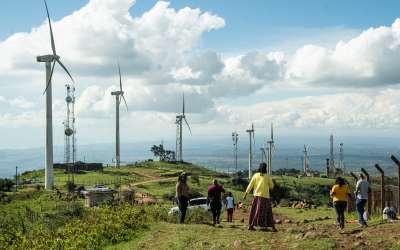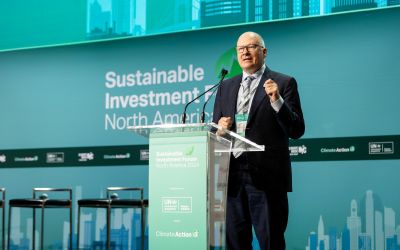Oil companies’ decarbonisation scenarios inconsistent with the Paris Agreement, finds new report
A new study by Climate Analytics finds institutional decarbonisation scenarios from major oil companies' would be classified as inconsistent with the Paris Agreement as they fail to limit warming to ‘well below 2°C’.

A new study by Climate Analytics finds institutional decarbonisation scenarios from major oil companies' would be classified as inconsistent with the Paris Agreement as they fail to limit warming to ‘well below 2°C’.
This study analyses six institutional decarbonisation scenarios published between 2020 and mid-2021, including four from the oil companies BP, Royal Dutch Shell and Equinor (two from BP), and two developed by the International Energy Agency IEA.
It finds that most of the scenarios would be classified as inconsistent with the Paris Agreement as they fail to limit warming to ‘well below 2°C’, let alone 1.5°C, and would exceed the 1.5°C warming limit by a significant margin.
Robert Brecha, Professor of Sustainability, University of Dayton and Gaurav Ganti, Ph.D. Student in Geography, Humboldt University of Berlin published a blog on The Conversation that explained how they have been working with the nonprofit science and policy research institute Climate Analytics to better understand the implications of the Paris Agreement for global and national decarbonization pathways – the paths countries can take to cut their greenhouse gas emissions. In particular, exploring the roles that coal and natural gas can play as the world transitions away from fossil fuels.
When analyzing the energy companies’ decarbonization scenarios, they found that BP’s, Shell’s and Equinor’s scenarios overshoot the 1.5°C limit of the Paris Agreement by a significant margin, with only BP’s having a greater than 50% chance of subsequently drawing temperatures down to 1.5°C by 2100.
These scenarios also showed higher near-term use of coal and long-term use of gas for electricity production than Paris-compatible scenarios, such as those assessed by the IPCC. Overall, the energy company scenarios also feature higher levels of carbon dioxide emissions than Paris-compatible scenarios.
Of the six scenarios, they determined that only the International Energy Agency’s Net Zero by 2050 scenario sketches out an energy future that is compatible with the 1.5°C Paris Agreement goal.
Read the report here.






